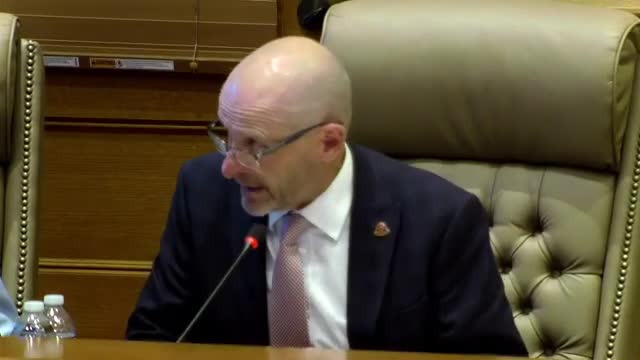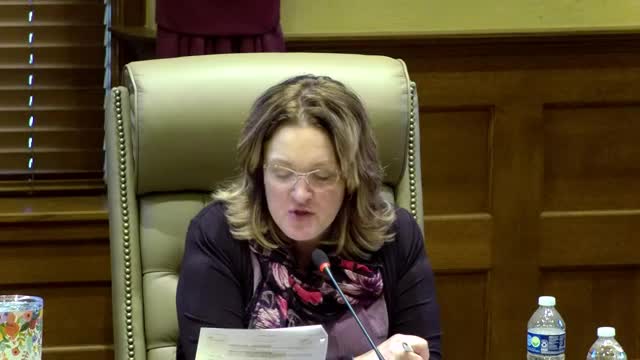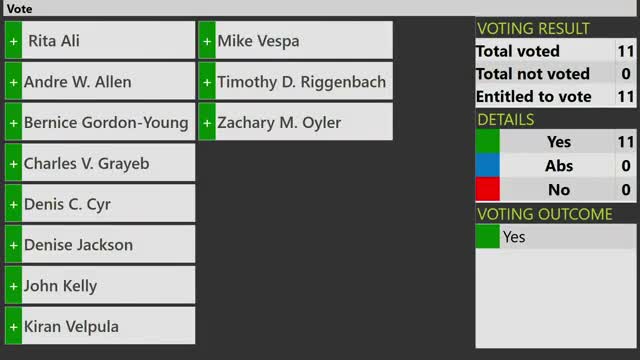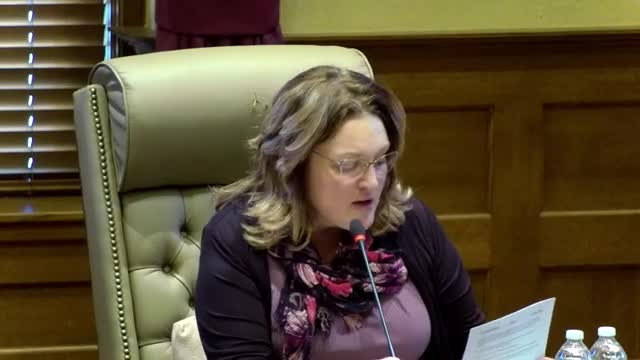Article not found
This article is no longer available. But don't worry—we've gathered other articles that discuss the same topic.

Peoria finance director reports February unaudited results; council hears pension-funding and bond timing discussion

Peoria council approves new three‑year solid waste and recycling contract with GFL; rates start at $16.25 per month

Peoria council approves $625,000 city contribution to settle Heidelberg wrongful‑conviction suit; one council member objects

